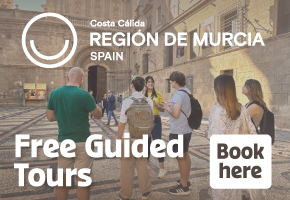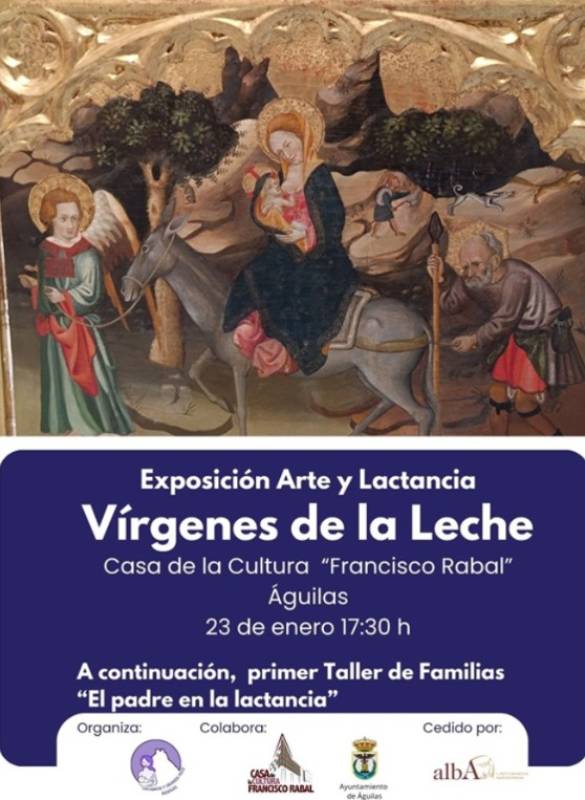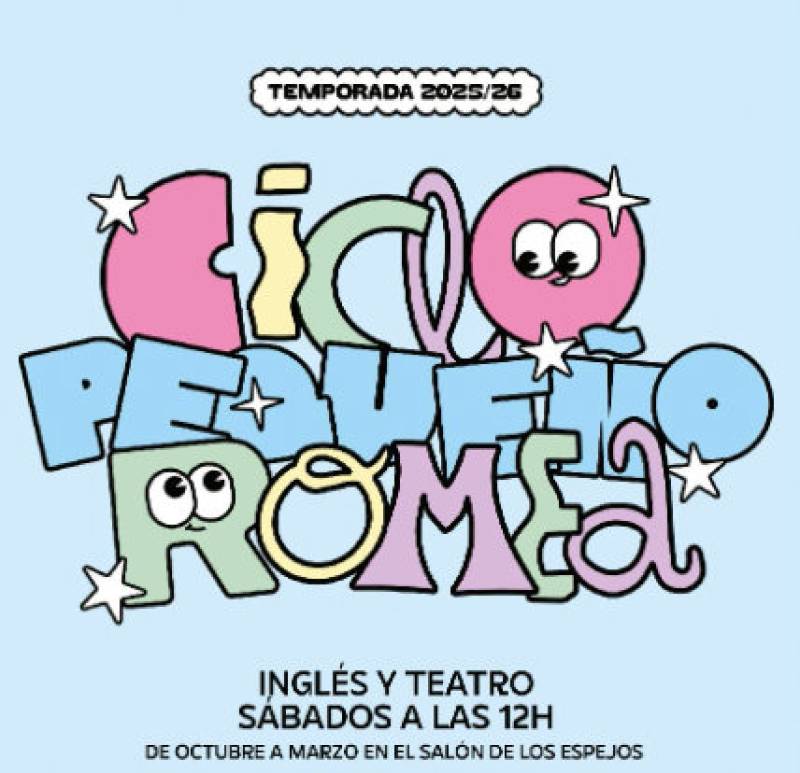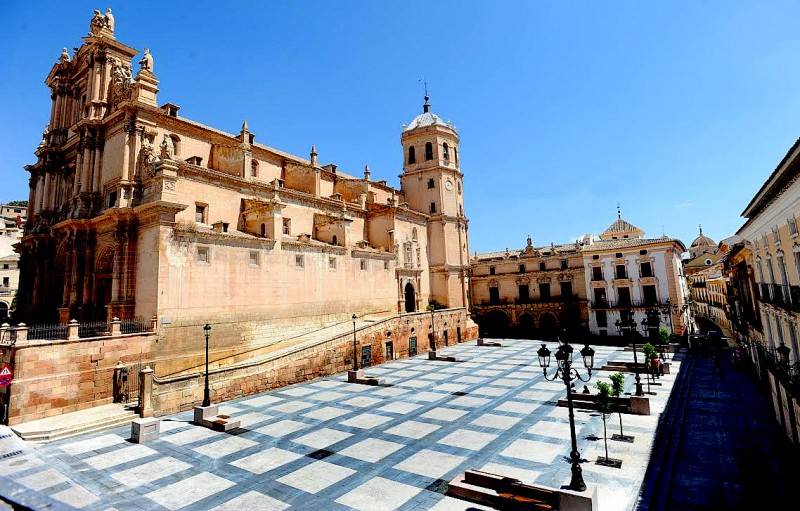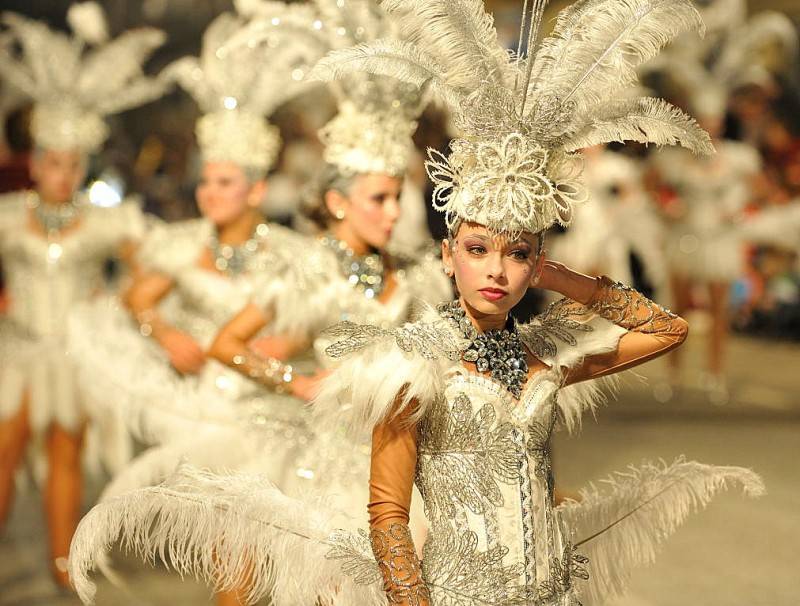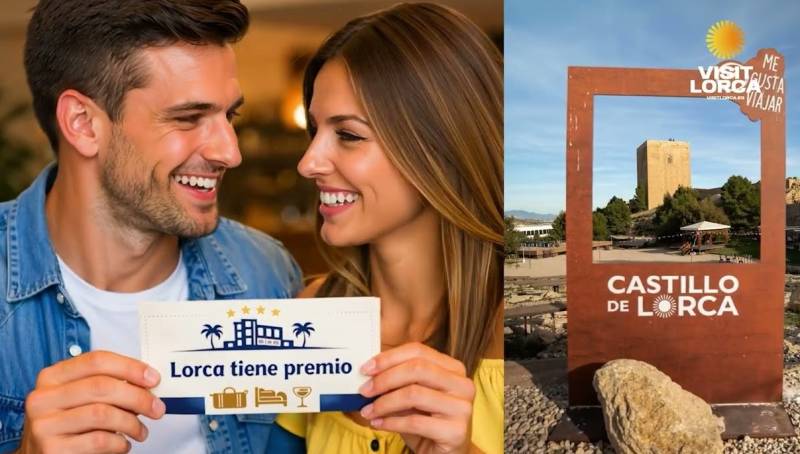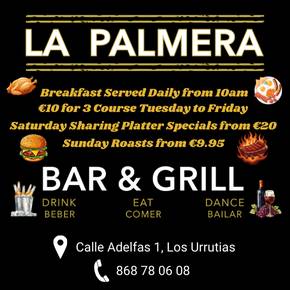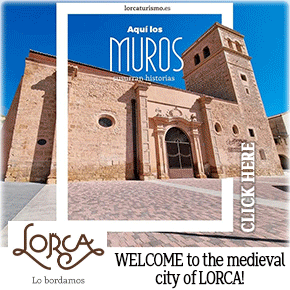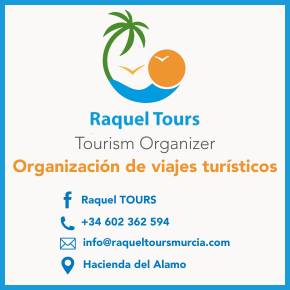

Guidelines for submitting articles to Mazarron Murcia
Hello, and thank you for choosing Mazarron Murcia to publicise your organisation’s info or event.
Mazarron Murcia is a website set up by Murcia Today specifically for residents of the urbanisation in Southwest Murcia, providing news and information on what’s happening in the local area, which is the largest English-speaking expat area in the Region of Murcia.
When submitting text to be included on Mazarron Murcia, please abide by the following guidelines so we can upload your article as swiftly as possible:
Send an email to editor@spaintodayonline.com or contact@murciatoday.com
Attach the information in a Word Document or Google Doc
Include all relevant points, including:
Who is the organisation running the event?
Where is it happening?
When?
How much does it cost?
Is it necessary to book beforehand, or can people just show up on the day?
…but try not to exceed 300 words
Also attach a photo to illustrate your article, no more than 100kb

Daily guided tours of the Palacio de Guevara in Lorca
The palatial residence contains antique furniture from the last 350 years and important works of art
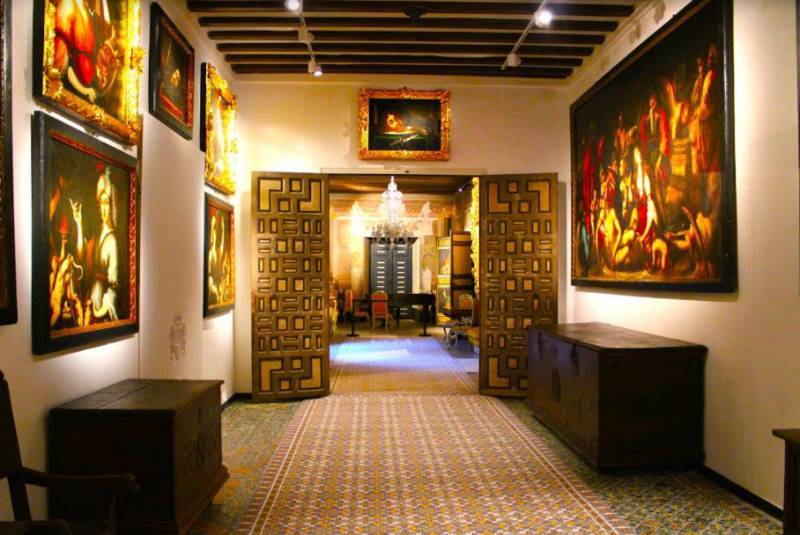 Almost 13 years after the Casa de Guevara was closed to visitors after being damaged in the earthquakes which hit the city of Lorca on 11th May 2011, the palatial residence has now been fully restored and converted into a museum which opened to the public on 28th February 2024.
Almost 13 years after the Casa de Guevara was closed to visitors after being damaged in the earthquakes which hit the city of Lorca on 11th May 2011, the palatial residence has now been fully restored and converted into a museum which opened to the public on 28th February 2024.
Entering through the main doorway, built in the style of an altarpiece, visitors can admire decorative elements and furniture, some of which date back to the time of the first residents, Juan de Guevara García de Alcaraz and his wife, Isabel Pérez de Meca. The collection is housed in the finest example in Lorca of the baroque architecture of the 17th and 18th centuries, a palatial home which was inherited by the family for nine generations until the last resident, Concepción Sandoval Moreno, died and left the property to the city.
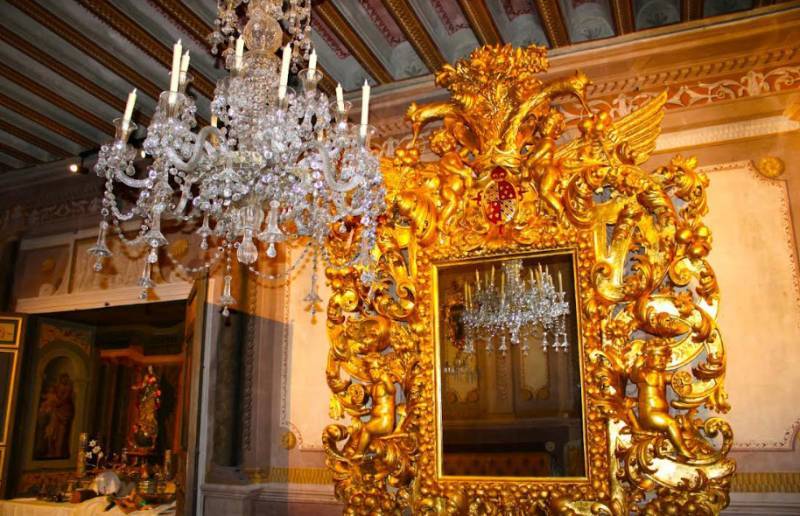 Among the features inside are the contents of the old pharmacy of José Sala which used to be at Calle Álamo nº 2, whole in the “Salón Amarillo” ballroom the yellow upholstery of the furniture catches the eye, along with the baroque mirror dated 1702-1704.
Among the features inside are the contents of the old pharmacy of José Sala which used to be at Calle Álamo nº 2, whole in the “Salón Amarillo” ballroom the yellow upholstery of the furniture catches the eye, along with the baroque mirror dated 1702-1704.
The “Sala del Estrado” houses a collection of paintings by the local artist Pedro Camacho Felizes, and in another room are oil paintings by Frans Francken II, while visitors can also see the Salón Rojo, with a collection of old fans including one which depicts the Constitution of 1812, and the Salón Verde, with a series of family portraits.
On top of this there are also exhibits of antique chinaware and glassware belonging to the family and a Madonna by Giovanni Battista Salvi, whose works can be seen in many of the most important mueseums and galleries in Europe, including the Prado and cities such as Berlin, Florence, Milan and Venice.
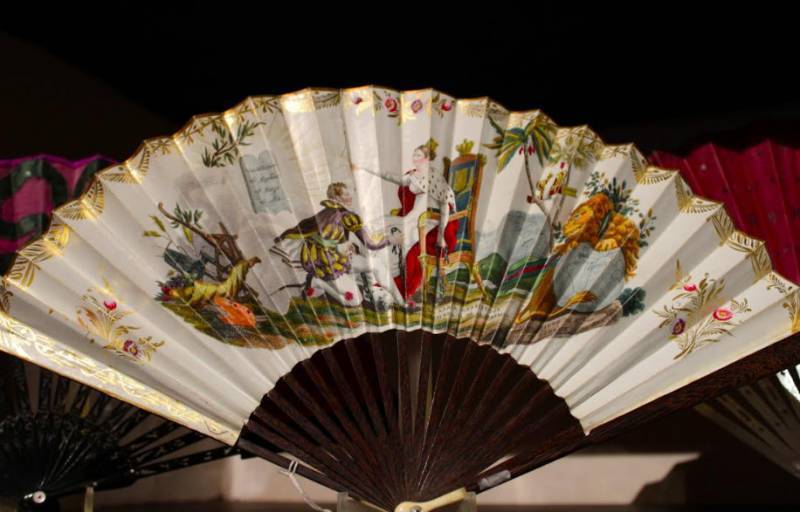 Initially the museum of the Casa de Guevara opened its doors to all visitors for two weeks, but guided visits are now following a fixed timetable:
Initially the museum of the Casa de Guevara opened its doors to all visitors for two weeks, but guided visits are now following a fixed timetable:
Tuesday to Sunday open 10.30 to 14.00, tours at 11.00, 12.00 and 13.00.
Tuesday to Saturday open 16.30 to 19.00, tours at 17.00 and 18.00.
Price 5 euros per person (4.50 euros for children).
Each visit lasts 45 minutes.
Group sizes are limited and prior reservations should be made online here.
For more local news, visiting onformation and what's on events go to the home page of Lorca Today.
Oficina de Turismo de Lorca

The rich and extensive history of Lorca has left a legacy of archaeological sites, and historic buildings, around which the modern city has built its tourism industry. Among these are Lorca Castle, the Jewish quarter of the castle and synagogue, Plaza de España, Colegiata de San Patricio, Museo de Arqueologico Municipal, Iglesia de San Francisco, Casa Huerto Ruano, Palacio de Guevara, Iglesia de San Mateo, Pósito de los Panaderos, Convento Virgen de las Huertas, Antiguo Convento de la Merced, Iglesia del Carmen and the Teatro Guerra.
 Unfortunately Lorca has also been prone to natural disaster, suffering a Gota Fría on September 28th 2012, as well as two earthquakes measuring 5.3 and 5.5 on the Richter scale on 11th May 2011, claiming 9 lives. Since this earthquake the city has been rebuilding, winning recognition for its Lorca, Open for Restoration initiative, which used the restoration of the city as a tourist attraction whilst it rebuilt its historical buildings, some of which are currently still not open.
Unfortunately Lorca has also been prone to natural disaster, suffering a Gota Fría on September 28th 2012, as well as two earthquakes measuring 5.3 and 5.5 on the Richter scale on 11th May 2011, claiming 9 lives. Since this earthquake the city has been rebuilding, winning recognition for its Lorca, Open for Restoration initiative, which used the restoration of the city as a tourist attraction whilst it rebuilt its historical buildings, some of which are currently still not open.
The tourist office relocated for 14 years to Calle San Patricio, near the church, but has now returned to its former premises alongside the Palacio de Guevara in the Plaza Concha Sandoval, or Plaza de la Bordadora (click for map).
Lorca also has an area of coastline incorporating the Parque Regional de Cabo Cope - Puntas de Calnegre, in the Sierra de Almenara, which includes the beaches of Puntas de Calnegre, Baño de las Mujeres, San Pedro, El Siscal, Cala Honda, Cuartel del Ciscar, Junquera, Cala de la Gruta, Cala Leña, Los Hierros, Cala Blanca and Playa Larga, although many are accessible only along difficult tracks or by boat!

However, in spite of its many attractions, the name of Lorca is synonymous with Easter, (Semana Santa) its biblical parades of International Tourist Interest status and famous throughout Spain. The week includes a series of processions in which the Whites (Paso Blanco) and Blues (Paso Azúl) try to outdo each other with the magnificence of their embroideries and the skill and daring of their horsemen.
Lorca also has a Parador hotel, located within the historic castle.
Opening hours for Lorca tourist office:
Every day of the year apart from 1st and 6th January and 25th December, 10.00 to 14.00 and 16.30 to 18.30 (except Sunday afternoons).
These opening times are often extended and other information points created during the Semana Santa celebrations.
For more local news, events and visiting information go to the home page of Lorca Today

